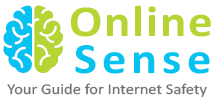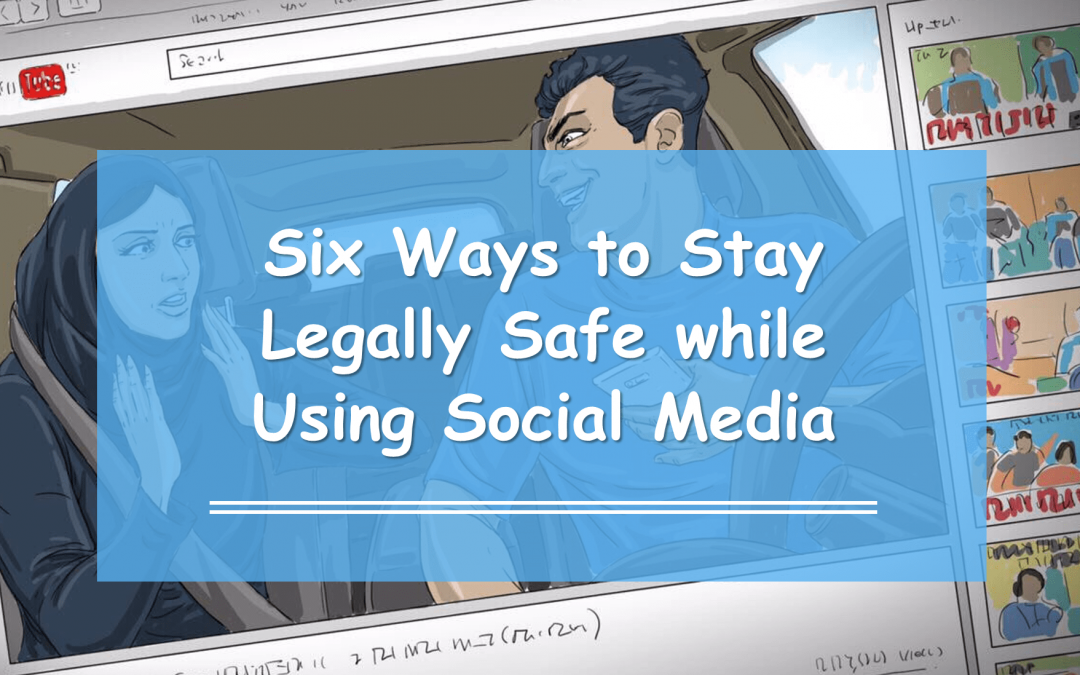Recently a girl and three young men were detained by the police in Abu Dhabi for publishing a video that’s “offensive to the society”.
The video that had gone viral showed a woman and a man sitting inside a car and talking despite them not being related. This is against societal norms in the UAE.
The group said that it wanted the video to raise awareness among girls to not meet people they get to know on social media. However, the public prosecution asserted that videos like these can potentially violate public order. The prosecution added that such content is not permitted in any form – words, sentences, signs, symbols, drawings, photographs, recordings or writings including visible, audible or readable.
This even comes as a reminder of the fact that social media is like a double-edged sword. The wide reach it gives you could be a risk as much as it is a benefit if you don’t use social media wisely. Knowing what’s good social media conduct in this region isn’t tough, as governments have social media guidelines you can follow. e.g. the UAE government has a set of guidelines you can refer to:
#شرطة_أبوظبي تحذر من عواقب السلوكيات الطائشة المسيئة للمجتمع pic.twitter.com/Sbd3iulHJ2
— شرطة أبوظبي (@ADPoliceHQ) 20 August 2017
Six social media tips to stay safe on social media
- Picture posts: Exercise caution while posting pictures of others on social media. According to the Cyber Crimes Law (Federal Law No. 5 of 2012) it is an offence to breach someone’s privacy through the use of information technology. This includes taking pictures of others or publishing or displaying those pictures
- Don’t spill the beans: Sometimes, in the flow of a conversation, we don’t realise that we mention things that should be shared only in private circles. e.g. personal details of a friend or contact. You can attract punitive action if you disclose secrets relating to someone’s private life, without that person’s consent. Similarly, it’s not allowed to publicly share confidential information pertaining to a company
- Don’t wash dirty linen in public: According to the Penal Code, it is an offence to publish information that exposes an individual to hatred or contempt of the public. Making false accusations that dishonours or discredits a person is also illegal
- Be social but not at the cost of the society: Be wary of posting anything that’s not consistent with public morals and social insensitivity. Don’t post anything that’s un-Islamic, blasphemous, lewd, encouraging sinful activity, or corrupts minors, etc.
- Don’t go underground: All online content that promotes malicious codes, or use of the Internet through VPN and unlicensed VoIP services is strictly banned in this region
- Online content can be blocked by service providers such as Du and Etisalat if required. Content can also be blocked if there are complaints of abuse or defamation


